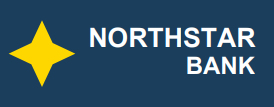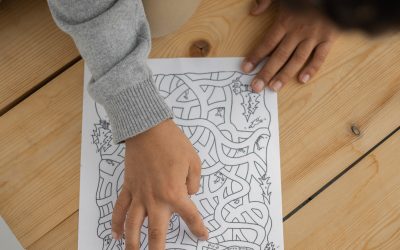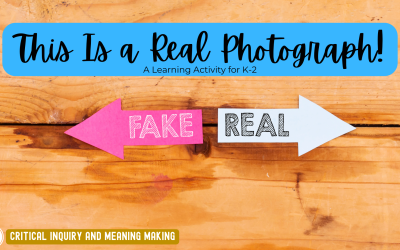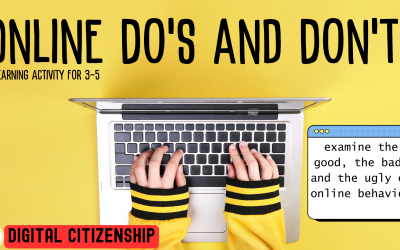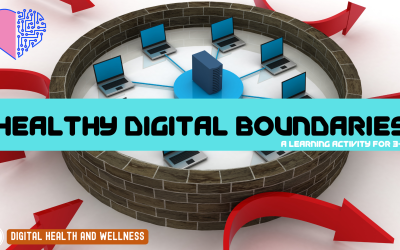Overview
This activity was designed in collaboration with Thales. We appreciate their partnership and commitment to cybersecurity education.
In this simulation, you must retrieve information to gain access to NorthStar Banking.
To complete this activity, students will become “dumpster divers”. By going through a person’s “garbage”, they will look for clues to hack into NorthStar Banking.
Outcomes
6-8 Technology
Strand: Information Technology Skills
Big Idea: Digital Citizenship
Skill Descriptors:
- Gr. 6 – Apply cybersecurity knowledge to personal data
- Gr. 7 – Identify ethical use of computing technology
- Gr. 8 – Distinguish between types of cybersecurity attacks
What You’ll Need
- Laptops
- Internet connectivity
- Garbage Bags w/ “garbage”
- Evidence and clues
Instructions
Students will discover the use of social engineering and physical reconnaissance to rather information to hack into a person’s banking.
Provide each group of students with a garbage bag, containing the printed materials and other pieces of “garbage”. The goal is for them to sort through what they find to discover the username and password for the individual.
Follow this link to enter the username and password: NorthStar Bank – Online Login
Career Connections
- Penetration Tester
- Security Analyst
- Compliance Officer
- Security Architect
- Incident Response Specialist
Extension Ideas
- Cross-Curricular: Combine with social studies by investigating how social engineering is used to influence populations
- Career Exploration: Invite a speaker from Thales or a local banking Cybersecurity team to share about their work. Please contact the New Brunswick Centres of Excellence (coe@gnb.ca) for support with making a connection to relevant speakers.
Digital Literacy Competencies
- Digital Citizenship – Learners recognize the rights, responsibilities, and opportunities of living, learning, and working in an interconnected digital world, and they act and model in ways that build the common good.
- Critical Inquiry and Meaning Making – Learners use digital technologies to collect information, systematically question and assess the validity and accuracy of information, organize data by priority, topic, or other systematic schema, interpret information gathered, and draw conclusions based on critical analysis and prior knowledge and experience.
- Creativity, Design, and Problem-Solving – Learners explore digital technologies to develop and enhance ideas, products, or processes through creative expression and innovative design to solve issues that affect them, their community, and the world.
- Communication and Collaboration – Learners communicate and collaborate with others in digital environments, working effectively in local and global teams to develop empathy and broaden perspectives, achieve common goals, solve problems, share values, and advocate for positive social change.
Related Global Competencies
- Critical Thinking and Problem Solving: Address local problems by collecting, analyzing, and interpreting data to make informed judgments and decisions
- Collaboration: Group projects foster teamwork and collective problem-solving.
- Sustainability and Global Citizenship: Addressing social, ecological, and environmental issues that are crucial to living in a contemporary, interdependent, and sustainable world.
Reflection Tools
Please see the attached PDF for several choices on how you and your learners can reflect upon today’s activity.
